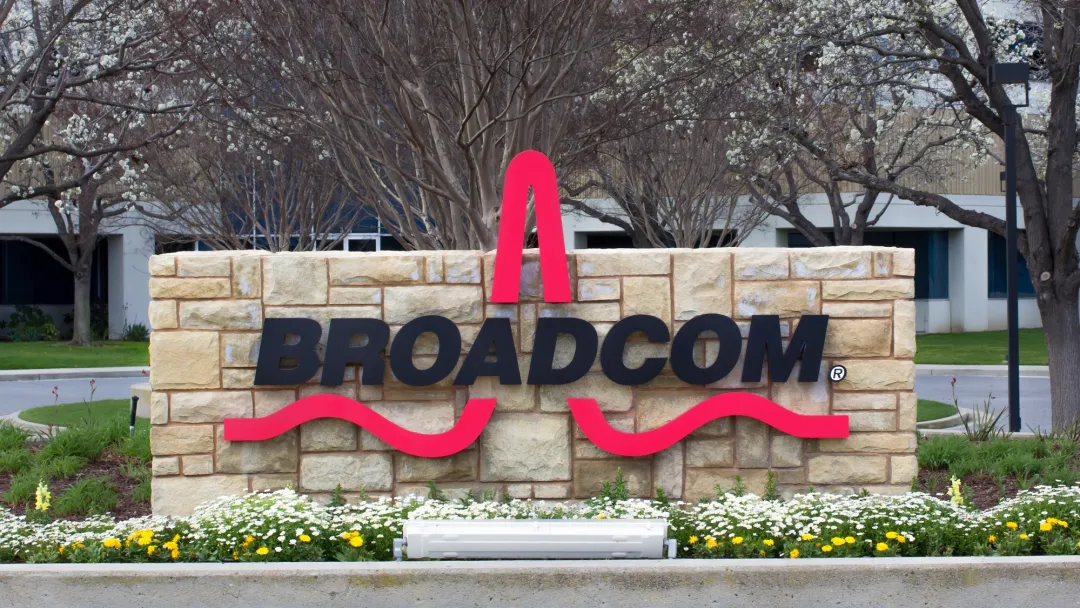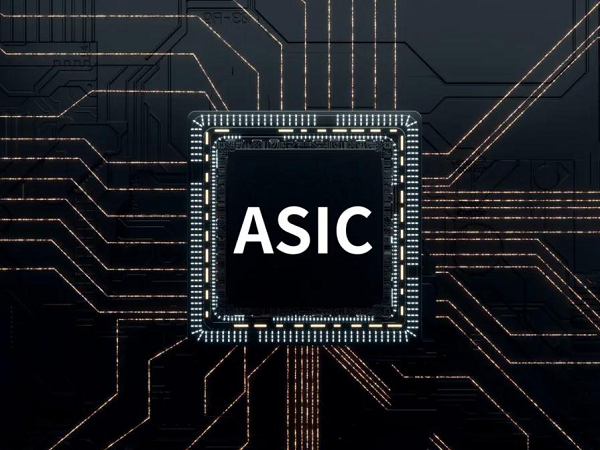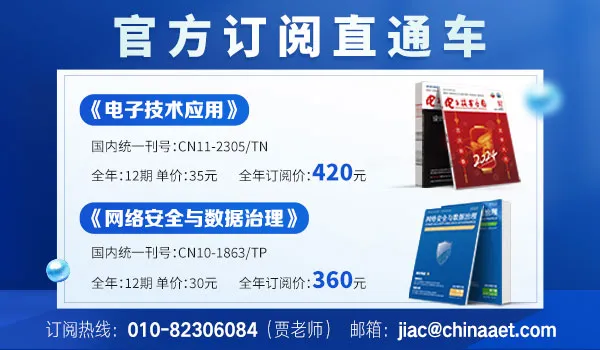
Recently, Broadcom’s stock price has surged over 70% in two months, with its market capitalization briefly exceeding $1 trillion, ranking among the top in the U.S. stock market.

This surge is primarily attributed to the rapid growth of Broadcom’s custom AI chip business for large tech companies. Faced with the hot and expensive NVIDIA AI chips, some large tech companies are actively seeking alternatives, making custom AI chips an increasingly favored option.
UBS analyst Timothy Arcuri told First Financial reporters: “Broadcom is expected to win in multiple areas as hyperscale customers seek to leverage custom ASICs (we believe most of which will be manufactured by Broadcom) or combine AMD with NVIDIA GPUs to build large heterogeneous computing clusters.” He added that Broadcom’s opportunities to connect these clusters via Ethernet will also expand, and due to Broadcom’s existing dominance in this market, it will benefit from the scalability between clusters.

Broadcom’s Highlight Moment
As early as a few years ago, Broadcom began developing custom AI chips for clients like Google, initially on a limited scale. With the wave of AI applications sweeping the tech industry, especially in the widespread use of generative AI, the demand for custom chips has rapidly increased, becoming a significant driver of Broadcom’s performance.
According to the company’s latest financial report, revenue from AI processing chips and related network chips is expected to reach $5.1 billion this quarter, a year-on-year increase of about 60%, accounting for about one-third of the company’s total revenue. In addition to Google, tech giants like Meta Platforms have also begun adopting custom chips to meet their growing demand for AI computing power.
Several investment banks and research institutions are optimistic about the prospects of the custom chip market. Morgan Stanley predicts that by 2027, the global custom AI chip market will reach approximately $30 billion, nearly tripling from last year’s $12 billion. This growth is primarily driven by large enterprises seeking alternatives to NVIDIA to reduce costs, avoid supply chain risks, and meet personalized needs.
Jensen Huang Casts Doubt on Broadcom’s Ability to Compete in the AI Chip Market
In an interview after his keynote speech at the GTC conference in March, Jensen Huang stated, “First of all, I don’t know how they would know how much market share ASICs will capture. They don’t know what chip they are building. The chips are designed by others, and Broadcom is merely an ASIC design service provider.”
In contrast, Huang stated that NVIDIA knows what it is building and understands the potential involved, as NVIDIA has extensive experience in designing chips required for AI training.
Huang also hinted that Broadcom’s future products may not be able to compete with NVIDIA. He said, “Many ASICs have been canceled. ASIC providers must find a way to outperform the best products on the market, but how would they know their products are the strongest and can achieve widespread deployment?”
Regarding whether the ASIC chips developed by Amazon, Microsoft, and Google pose a threat to NVIDIA, Huang responded, “Designing a chip does not mean it will be deployed.”
Risks Cannot Be Ignored
Despite the enormous potential of the custom chip market, analysts generally indicate that there are still many technical and cost challenges in the actual implementation process. Custom chip projects typically involve hundreds of millions of dollars in upfront investment, and the design and manufacturing difficulties are high, with performance not necessarily meeting expectations.
Research from TD Cowen shows that Google’s latest generation of custom AI chips has performance that is only about half that of comparable NVIDIA products, just at the critical point of achieving economies of scale in production. A report released by Morgan Stanley in February also pointed out that the performance gap of custom chips is “more common than the market expects,” meaning customers still need to carefully evaluate the return on investment.
Additionally, custom chip systems typically rely on costly optical network technologies for inter-chip connections, lacking NVIDIA’s proprietary high-speed interconnect solutions like NVLink, making the overall system cost significant. Software development costs are also non-negligible, as custom chip customers need to invest additional resources to develop underlying drivers and optimization tools, while NVIDIA’s general platform simplifies this process to some extent.
Market research shows that despite some tech companies increasing their investment in custom chips, the procurement volume of NVIDIA chips continues to grow. Morgan Stanley estimates that Google’s spending on custom chips will increase by 10% to 20% this year, but its spending on NVIDIA chips may grow by two to three times, indicating that the two remain in a complementary relationship.
Broadcom’s rapid growth in the custom chip business also faces increasingly fierce market competition. U.S. chip manufacturers Marvell and Taiwan’s MediaTek are accelerating their layout in the custom AI chip field, with some businesses already putting pressure on Broadcom. At the same time, geopolitical factors bringing uncertainty cannot be ignored.
In the long run, Broadcom’s biggest challenge is believed to be its market scope, which is more limited than NVIDIA’s. Although custom AI chips are currently in high demand, NVIDIA’s business scope is broader, covering the entire AI chip market. Research firm TechInsights predicts that the entire AI chip market will grow at an average annual rate of 23% over the next five years, reaching nearly $500 billion by 2030. Due to the high development costs, custom AI chips may still be the exclusive domain of large tech companies with ample funds, making it difficult to popularize among a broader range of enterprises and government clients.
Moreover, current market expectations for Broadcom’s custom chip business have become optimistic, even aggressive. This is evident from its valuation premium. Currently, Broadcom’s expected price-to-earnings ratio is 33.6 times, more than 20% premium over the Philadelphia Semiconductor Index, and even 13% higher than NVIDIA, with valuations at historical highs.
Source | NetEase TechnologyRecommended Reading——
Broadcom (AVGO.US) is on fire! Driving global funds towards AI ASICs single-handedly
Rumor has it that Apple (AAPL.US) is collaborating with Broadcom (AVGO.US) to develop internal AI chips
OpenAI’s new strategy “blossoming everywhere”! Rumored to collaborate with Broadcom (AVGO.US) to develop AI inference chips
Regarding chips, Broadcom CEO makes bold predictions
After acquiring VMware, Broadcom’s stock price surged by up to 1000%
Ultraman’s progress in building a 7 trillion chip empire? OpenAI may partner with Broadcom to develop AI chips
NVIDIA’s new special supply chip for China will switch to GDDR7, with bandwidth significantly reduced, priced at only half of H20
Jensen Huang: There is no evidence that NVIDIA is illegally transferring AI chips to China!

 ☞ Business Cooperation: ☏ Please call 010-82306118 / ✐ Or email [email protected]
☞ Business Cooperation: ☏ Please call 010-82306118 / ✐ Or email [email protected]
